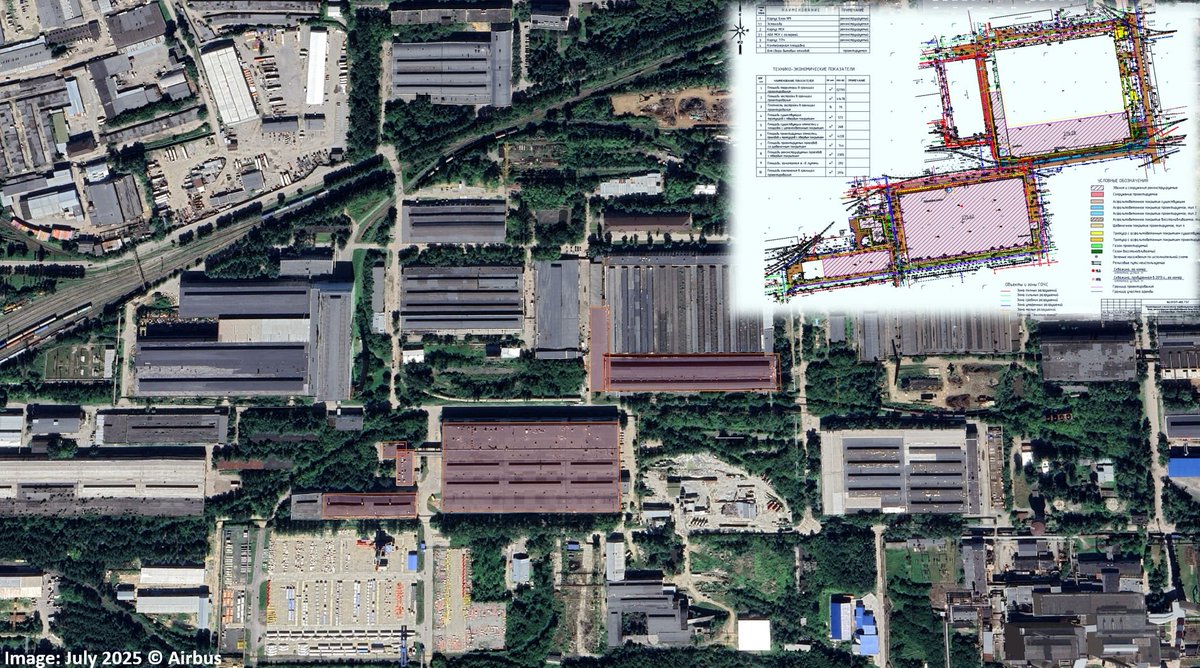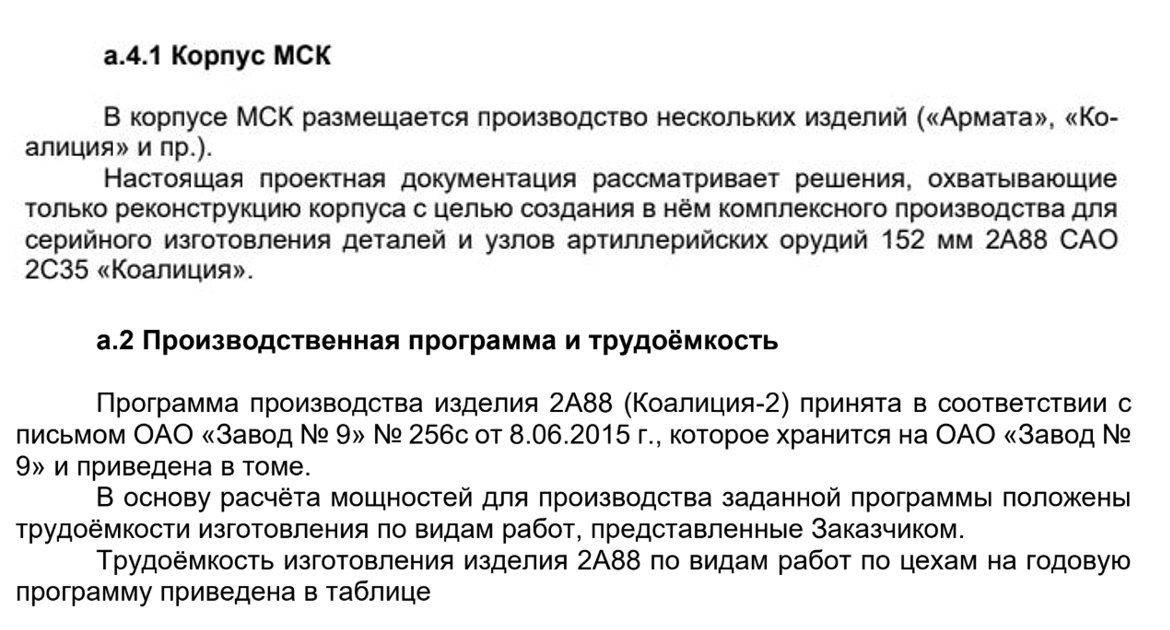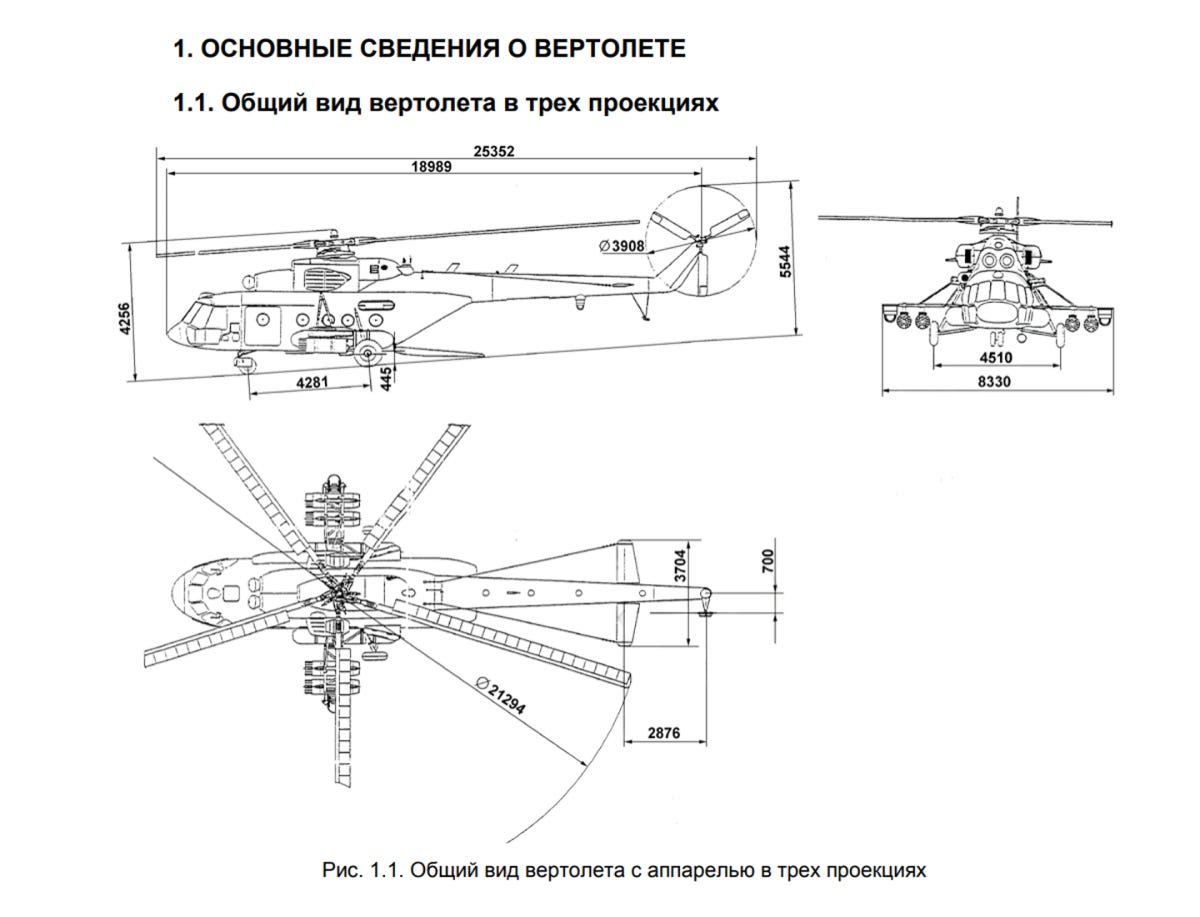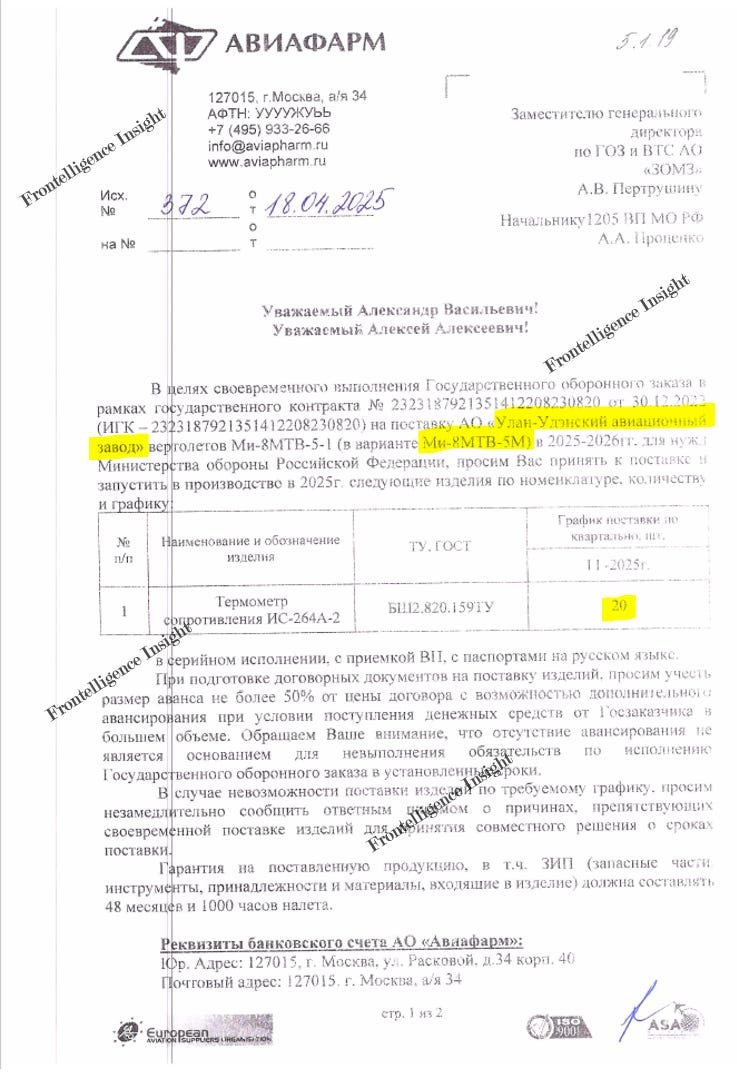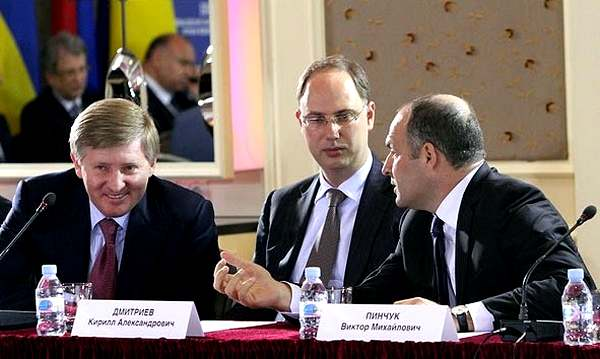While public attention was on airfields in Luhansk and Berdyans'k, russians set up secret helicopter bases and FARPs in various locations.
This was initially exclusive to paid subscribers, but I am now releasing it, especially in light of the recent SBU strike in the region.
This was initially exclusive to paid subscribers, but I am now releasing it, especially in light of the recent SBU strike in the region.

2/ In November, as Ukrainian forces advanced towards Kherson, the Russian military opted to move their helicopters from the Chaplynka Airdrome to more secure inland locations, including a fenced beach resort in Arabat Split near Crimea. 

3/ In this image, 20 helicopter pads are visible, some occupied by Russian helicopters like Mi-24, Mi-8, Ka-52, and possibly Mi-28. Notably, the site is within the beach resort "Volna," enclosed by a fence. 

4/ Further analysis of 2021 imagery shows no helicopter pads at this location, hinting at rapid efforts to establish an ad-hoc helicopter base conveniently placed among beach resorts and hotels, potentially serving as accommodations for their pilots. 

5/ Russians didn't use this location during the early stages of the war. Historical imagery analysis indicates that construction commenced around October 2022, coinciding with the Kherson offensive. This effort was probably aimed at relocating from Chaplynka, Kherson oblast.
6/ The evacuation and relocation of the Chaplynka airbase, as previously mentioned, exemplify the Russian necessity to establish new concealed locations due to concerns about potential targeting. Given the growing range of Ukrainian weaponry, this pattern will continue. 

7/ Simultaneously, it must be acknowledged that the quality and frequency of concealment measures have notably improved compared to 2022. The Russians have been notably successful in concealing some of their new helicopter sites and command centers for a while
8/ Please like and share the first message of the thread, and follow to stay updated on future developments.
This analysis as well as some of these images is possible thanks to contributions via BuyMeACoffee and support from paid subscribers.
This analysis as well as some of these images is possible thanks to contributions via BuyMeACoffee and support from paid subscribers.
• • •
Missing some Tweet in this thread? You can try to
force a refresh



